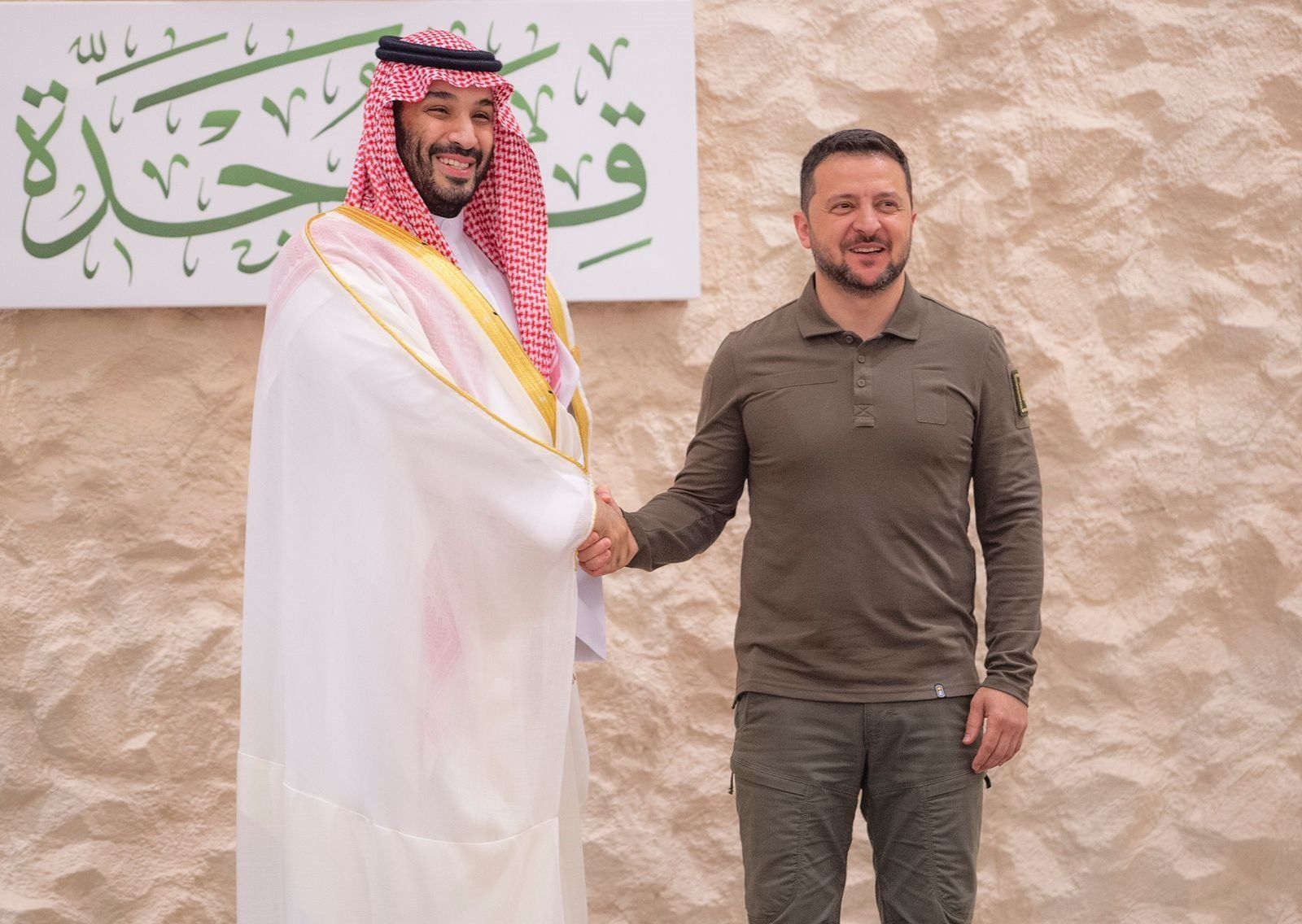The Ukraine diplomatic sweepstakes continue with representatives from more than 40 countries set to gather this weekend in the Saudi city of Jeddah to try and forge a path towards peace negotiations between Russia and Ukraine. Kyiv will attend the conference, but Russia wasn’t invited – though the Kremlin says it’ll watch the shindig closely.
This event comes after a similar summit was held in Copenhagen in June. So how is this one different?
First, after balking at the Danes’ invite last time, China has now agreed to attend. That’s a big win for Ukraine, which knows that Beijing has Putin’s ear. It’s also a win for the Saudis, who want the conference to be viewed by the West and Russia alike as a serious diplomatic forum.
Given that China continues to buy copious amounts of Russian oil and gas, helping the Russian economy stay afloat despite Western sanctions, having Beiijng be part of a broader peace push is crucial.
“China is the one country that has both the carrots and the sticks that can persuade Putin and Zelensky to accept the tough-to-swallow compromises needed to make peace,” my colleague Willis Sparks recently wrote.
What’s more, a number of so-called non-aligned countries – including India, Brazil and South Africa – that have so far refused to acquiesce to Western demands that they ditch relations with the Kremlin, are also set to participate in the talks. Though they attended the summit in Copenhagen, the contours of this event will no doubt be different given that it’s being hosted by a country with close ties to the Kremlin. (To be sure, Denmark, an EU member state, is hardly a neutral arbiter.)
So, what’s on the agenda? There’s so far no blueprint for these talks, but Kyiv previously handed down a 10-point peace plan, which demands that Russia hand over occupied Ukrainian territory – a clear nonstarter for Moscow. The Ukrainian plan also calls for Russian troops to leave Ukraine before peace talks begin, something the Kremlin does not seem inclined to do.
For Saudi Crown Prince Mohammed bin Salman, who is trying to rehabilitate his image after years of very bad PR and boost his profile as a legitimate international interlocutor, there’s a lot riding on this summit. Still, for now at least, Ukraine and Russia seem too far apart to imagine any significant progress.